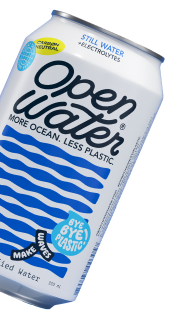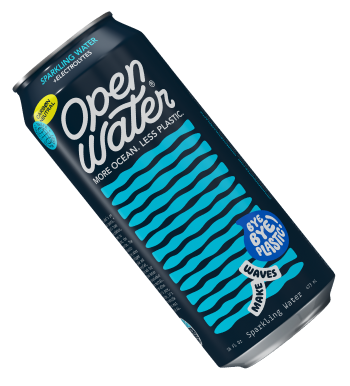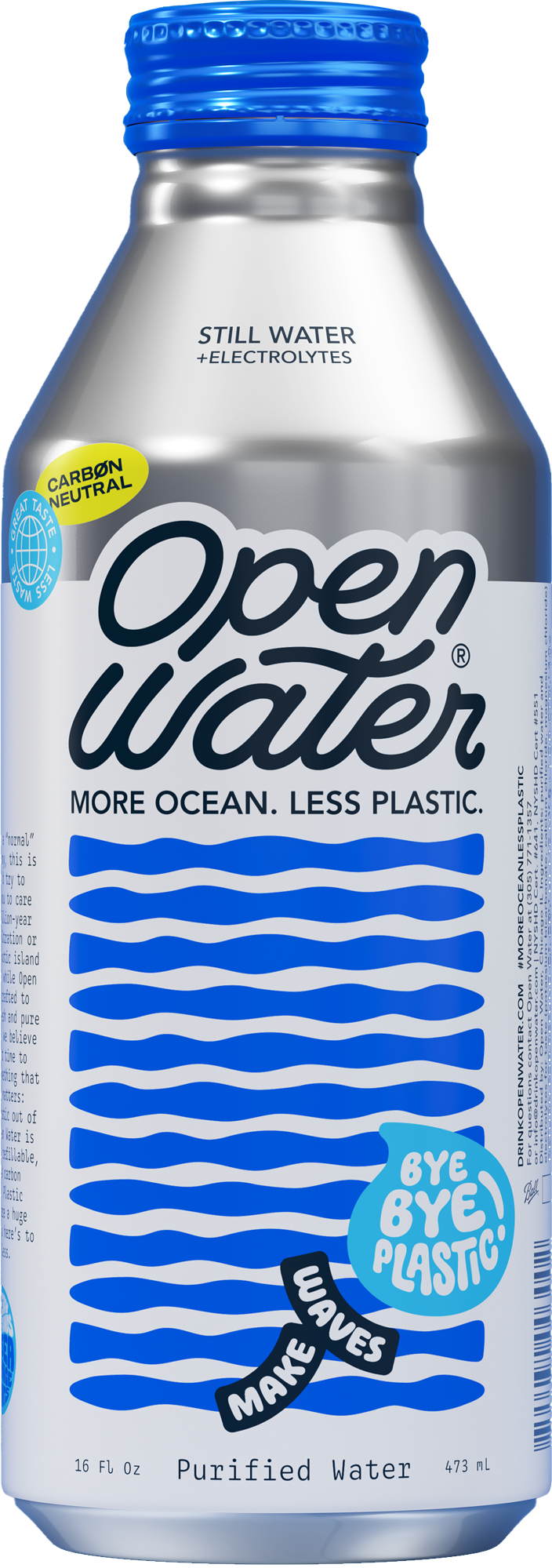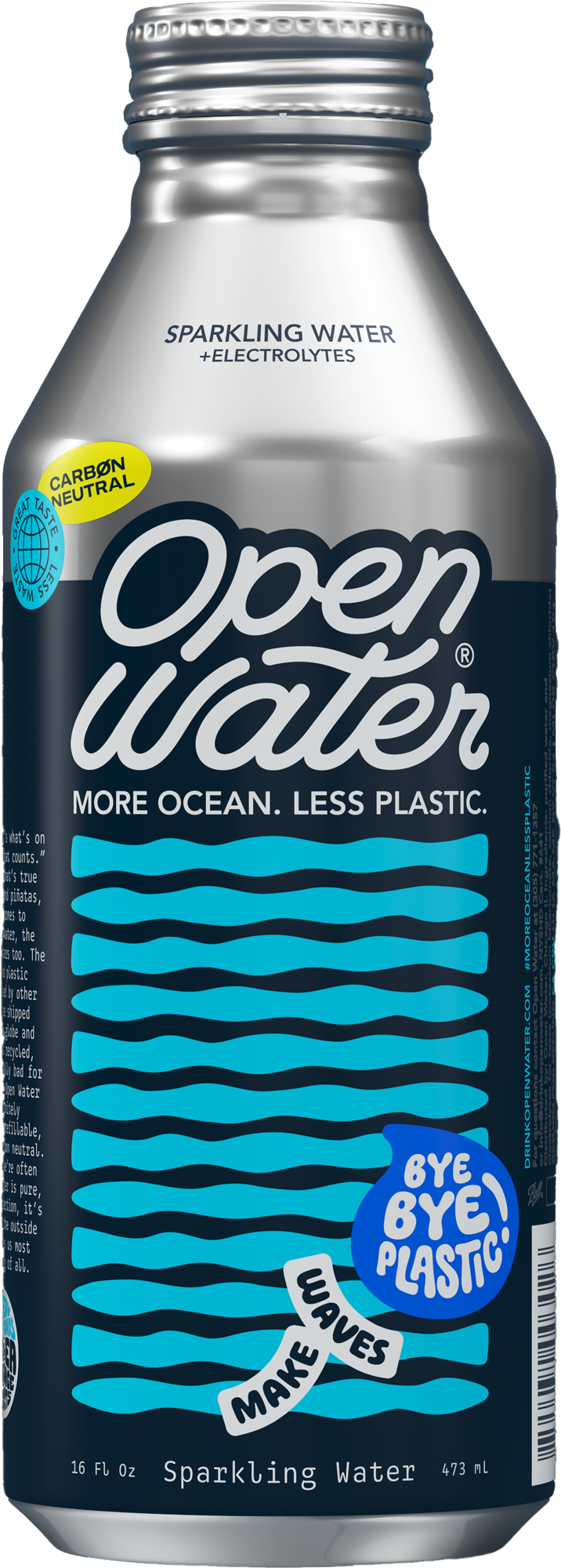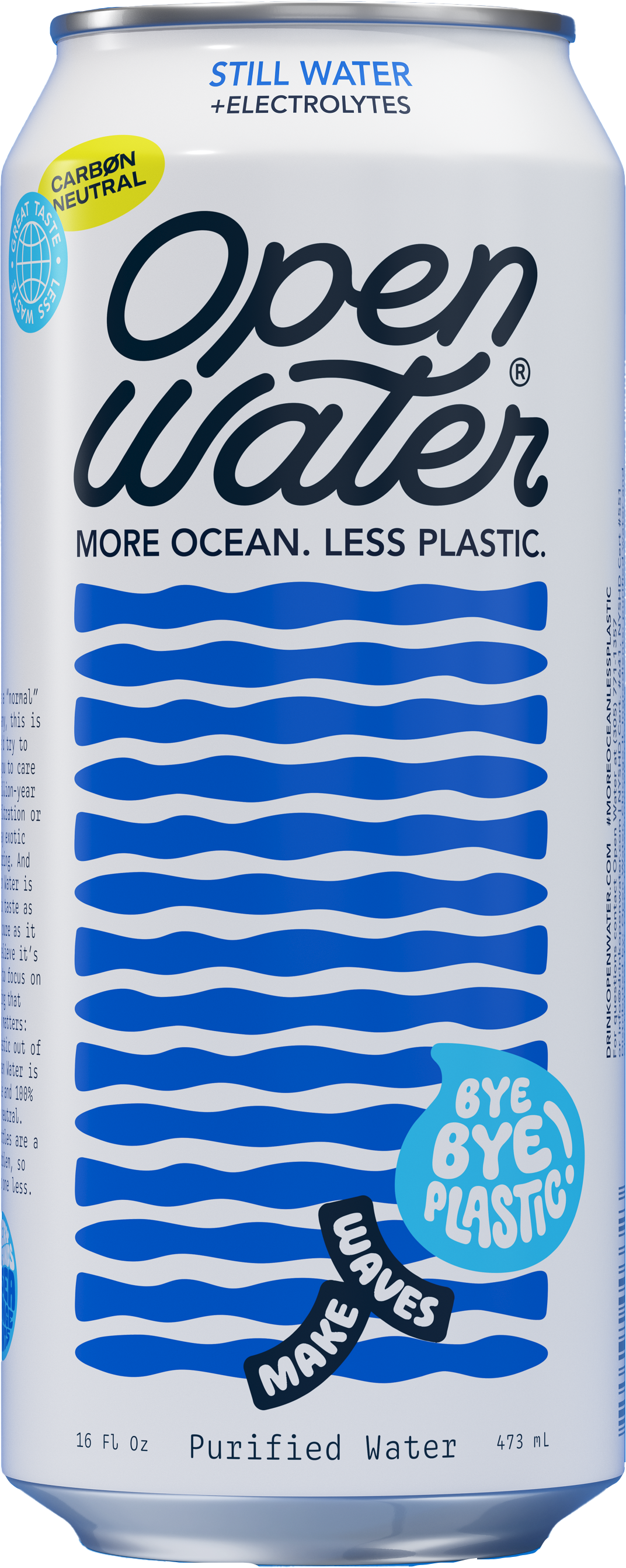Prioritizing ocean health will go a long way in curbing the effects of climate change.

June 8th, is World Oceans Day—an international celebration to honor the major role that oceans play in everyday life. Leading scientists, policymakers, non-profit organizations, and environmental activists from around the globe come together to discuss the current issues impacting our ocean and inspire individuals to take action to protect our marine resources.
The ocean is not only home to hundreds of thousands of animal and plant species, but it provides many important benefits to humans and our planet. Here are just a few reasons why ocean health affects all of us:
-
The ocean produces over half of the world’s oxygen
-
It helps prevent climate change by absorbing vast amounts of carbon dioxide
-
Oceans regulate climate and weather patterns by transporting heat from the equator to the poles
-
It supports the economy—ocean-dependent businesses employ about 3 million people in the US
-
It provides food to about 3 billion people around the world who depend on seafood as their primary source of protein
Unfortunately, we have overlooked the importance of our ocean for far too long, and it is facing some serious stress factors. By understanding the issues affecting this valuable resource and ecosystem, we can take steps to make the necessary changes to protect our oceans for the future.
Unsustainable Fishing
A shocking 90% of the worlds’ fisheries are fully exploited or overfished. Most scientists agree that unsustainable fishing is the largest threat to marine life and habitats. By capturing fish faster than they can reproduce, not only are we wiping out a species, we are harming the entire ecosystem by starving the predators that eat them.
A complete global overhaul of fishing policies and long-term fishing bans are desperately needed in order for certain species to recover. You can directly help create less demand for certain types of fish by committing to eating sustainable seafood.
Where would you begin to look for this information? Our friends at the Monterey Bay Aquarium have made it incredibly easy with the Seafood Watch app that provides up-to-date recommendations and shares businesses that serve ocean-friendly seafood and sushi.
Pollution
By now, (we hope) you have heard about The Great Pacific Garbage Patch (GPGP), a trash vortex twice the size of Texas floating in the middle of the Pacific Ocean. However, it is only one (albeit the largest one) of five offshore trash accumulation sites in the worlds’ oceans. A major contributor to this problem is plastic waste.
Plastic is not biodegradable, meaning it never actually goes away. In the ocean, plastic breaks down into smaller and smaller pieces. Scientists estimate that the GPGP contains 1.8 trillion pieces of plastic and that by 2050, there will be more plastic than fish in the ocean by weight.
Cities and states across the country have implemented plastic bans on grocery bags, disposable straws, and to-go containers to reduce our plastic usage and introduce more sustainable alternatives. Many communities and businesses are also aiming to be zero-waste within the next 10 years. This is a huge commitment and no easy task!
Although you may find going zero-waste to be too challenging yourself, there are many simple changes you can personally make to reduce your plastic waste. Another way to make sure trash doesn’t end up in the ocean is to pick it up! Find a local beach clean-up in your area or pick up trash everytime you go on a walk or run around your neighborhood (fun fact: picking up trash while you jog has an actual name: plogging) . Even if you don’t live near the ocean, the trash on your street will eventually make its way there.
Climate Change
Coral bleaching, sea levels rising, fish migration, ocean acidification are just some of the major problems our oceans are facing due to climate change. As our planet warms, the ocean temperature is rising too and delicate marine ecosystems will not be able to sustain or adapt to all of these changes.
It is important to support businesses that commit to a zero carbon footprint. Companies do this by measuring all of the greenhouse gas emissions created by its products and services, offsetting the entire footprint by investing in verified carbon programs, and reducing future emissions through achievable action plans. It’s a complicated process, but organizations like Climate Neutral are making it easier than ever! As a consumer, you can shop their list of certified brands.
Do Something
You may have missed United Nations’ World Oceans Day virtual event today, but there are many more festivities taking place this weekend. You can get involved by signing the 30X30 petition, calling on world leaders to protect at least 30% of the planets’ land and ocean by 2030. Also, show your support and help spread the word through social media. Download posts featuring the adorable sea creatures whose home you want to protect most and share it on Instagram, Facebook, or Twitter.
We understand that the current pandemic is putting an enormous financial burden on most Americans. If you are able to donate money to environmental conservation programs like Oceanic Global, Oceana or Climate Neutral , they would be extremely grateful.
